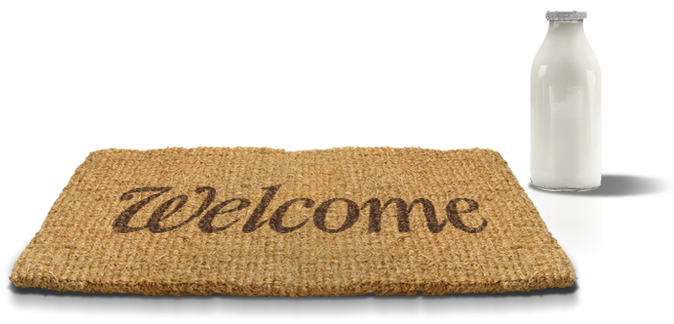I’m buying a house, what is the conveyancing process?
What is conveyancing? Once you have found your new home, you will need to instruct a conveyancer to carry out the legal work on your behalf. They will send you some initial documents for you to complete which will give them information they will need to progress your transaction as quickly as possible.
Your conveyancer will request a payment from you so that they can make enquiries of the local and other authorities to get important information about the property. These enquiries are collectively known as “searches” and your conveyancer will need to have satisfactory results from these enquiries. For example, one of the many things that your conveyancer will ascertain from conducting searches is whether the road outside the property is maintained by the local council or if you as the homeowner are responsible for its maintenance, which of course you would want to know.
If like most people you are buying with a mortgage, you will probably already have an ‘Agreement in Principle’ from your lender and will have been asked to pay for a valuation. At this stage, you may choose to have a more in-depth survey of your property carried out at additional cost. You need to make sure you are completely happy with the condition of the property before going ahead to exchange of contracts. The principle when buying a home is “let the buyer beware” which generally means you won’t have any recourse to the seller if the property has any defects which you only discover after exchange of contracts or after you have moved in. Surveys can vary greatly in substance and price, but your surveyor will be able to recommend the appropriate type of survey for your property.
As long as your lender is happy with the valuation of the property and any other checks they need to carry out, they will provide you with a formal mortgage offer. They will send a copy of this to your conveyancer too, so that they know the finances are in place and can check whether there are any legal conditions attached to the offer.
The seller’s conveyancer will send your conveyancer what’s called a draft Contract along with the title documents for the property and other important documents that the seller will have completed. Title documents are essentially official proof from the Land Registry of who owns the property.
Your conveyancer will review these documents in detail to make sure the seller owns the property and has the right to sell it. They will also check for many other legal issues which may affect your decision to buy, for example whether others have rights of way through your garden or whether an extension had planning permission before it was constructed.
It’s more than likely that your conveyancer will have some enquiries they wish to raise on the property so that they have all of the information they need.
Once your conveyancer has in their possession your mortgage offer, the results from the searches and replies to enquiries from the seller’s conveyancer, they will provide you with a summary of all of the information they have on the property. Sometimes this is referred to as a Property Report and more often than not this is in writing rather than discussing with you in person.
If you still wish to proceed with the purchase, your conveyancer will then require you to pay the required deposit as this will be needed for exchange of contracts. Your conveyancer will request that you sign the contract and provide them with your authority to exchange contracts.
When contracts are exchanged, you are legally bound buy the property. At this stage, the completion date is fixed and can not be changed.
It’s really important that you are 100% happy with the property and the information your conveyancer has provided before you agree to exchange contracts , as the seller and their conveyancer are not obliged to answer any further enquiries after this point.
Your conveyancer will request the mortgage advance from your mortgage lender, if applicable, and also any balancing payment which may be required from you.
On the day of completion, your conveyancer will transfer the purchase money to the seller’s conveyancer's bank account. Once they have received it, completion has taken place.
The property then belongs to you! You can pick your keys up and move in.
We hope you’ve found this helpful, if you need any more information please take a look at the other guides on our website or alternatively please call us, we’d be happy to help you.

